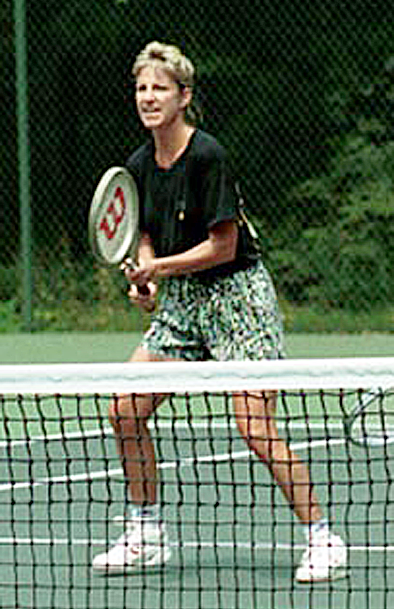The Legacy of Chris Evert in Women’s Tennis

Introduction
Chris Evert, a name synonymous with excellence in women’s tennis, continues to hold a significant place in the heart of sports enthusiasts around the world. As an 18-time Grand Slam singles champion, her impressive career has left an indelible mark on tennis history. Beyond her athletic achievements, Evert’s influence extends into coaching and mentoring, impacting the next generation of players. Understanding her journey provides insight not only into her personal accomplishments but also into the evolution of women’s tennis.
Career Highlights
Born on December 21, 1954, in Fort Lauderdale, Florida, Chris Evert quickly ascended to the top of the tennis world after turning professional in 1972. Over the course of her career, she secured 157 singles titles, a testament to her relentless dedication and skill on the court. Evert’s dominant run included a remarkable six French Open titles and a record seven US Open titles. Her rivalry with fellow tennis star Martina Navratilova is one of the most celebrated in sports, and their matches captivated millions, highlighting the growing visibility and competitiveness of women in sports during the 1970s and 1980s.
Impact on Women’s Tennis
Evert’s contribution to women’s tennis stretches beyond her trophy cabinet. Her professionalism and athleticism raised the profile of the sport, inspiring countless young athletes. She was one of the first female athletes to gain significant endorsement deals, paving the way for future generations. Today, many of the values she instilled—dedication, resilience, and sportsmanship—continue to resonate, as reflected in the success of women’s tennis players such as Serena Williams and Ashleigh Barty. Evert’s commitment to the sport remains evident through her work as a commentator and coach, where she shares her extensive knowledge with upcoming talent.
Current Initiatives and Mentorship
In recent years, Chris Evert has also dedicated her time to charitable efforts, particularly through the Chris Evert Charities, which focuses on drug prevention and anti-bullying initiatives. Additionally, she regularly participates in mentoring programs for young athletes, ensuring that her legacy continues off the court. Evert has emphasized the importance of mental health within competitive sports, advocating for a balance between athleticism and personal well-being.
Conclusion
Chris Evert remains a towering figure in the sports world—not just for her unparalleled accomplishments as a player but also for her enduring contributions to the development of women’s tennis. As a coach, mentor, and advocate, she empowers future generations to strive for greatness while fostering a supportive environment. As tennis continues to evolve, Evert’s legacy reminds us of the importance of passion, perseverance, and the pivotal role women play in shaping the future of sports.









